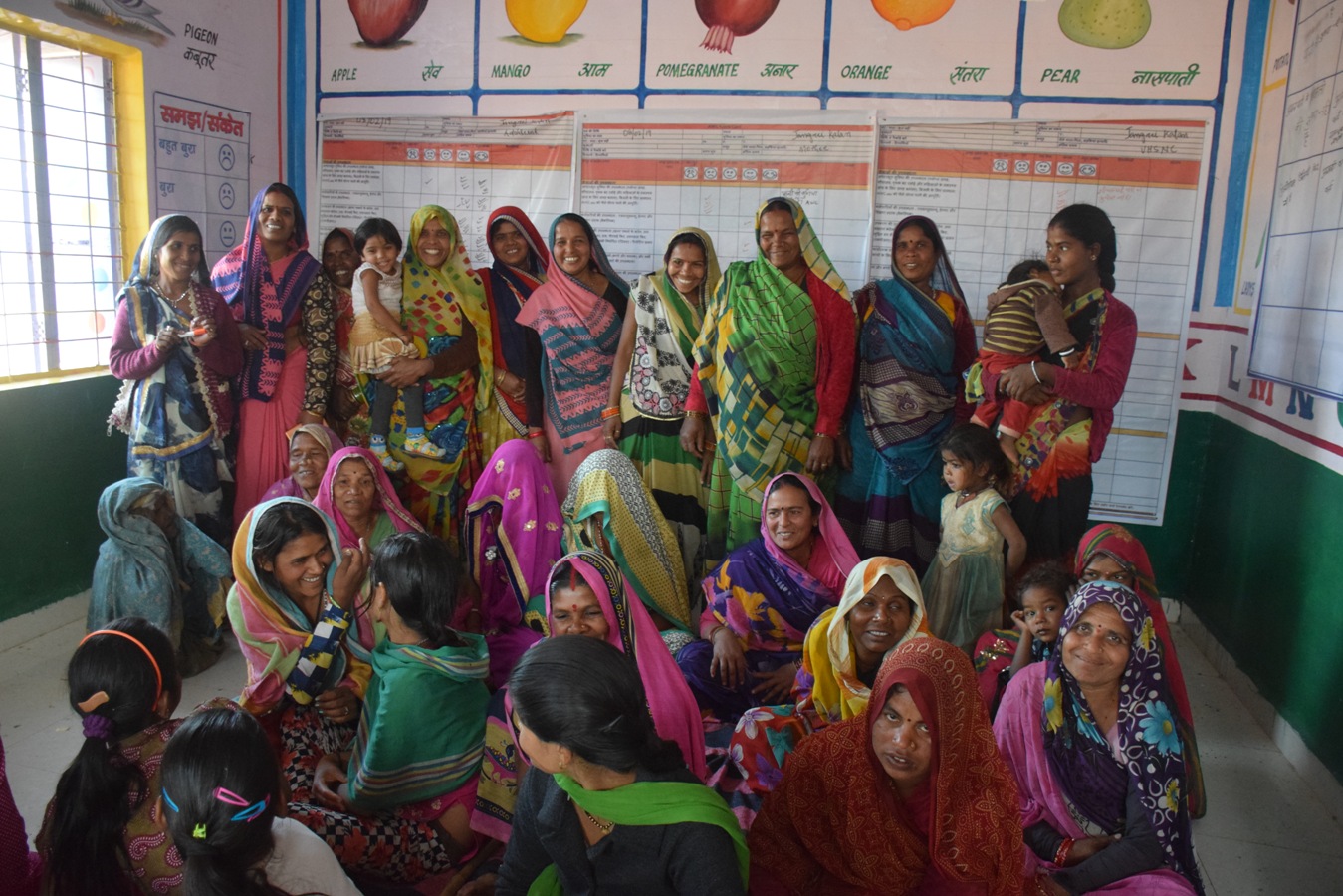How Women in Rural India are Amplifying Their Voice to Seek Social Accountability
Though social media has become the most popular and effective platform of expression that has solved many issues, a lot remains to be addressed. Neola D’Souza presents explains an alternative model that is helping rural women to raise their voice and ensure it reached to the government machinery.

- Country:
- India
Today people in the cities mostly take to social media to voice their consternation against unfair practices. Whether these voices are heard or not depends on the number of followers and the gravity of the situation. Nevertheless, how can a person in rural India who may not necessarily have access to social media platforms solve a problem without hashtags? While a tweet or a Facebook post may not entirely solve the problems of sanitation and health, they can seek social accountability through a different approach.
A case in point is the Citizen Voice and Action (CVA) model, which teaches community members how to voice their complaints and how to engage government representatives through meaningful conversations in proven ways. This dialogue helps arrive at a consensus and draw a plan of action, which in turn helps improve services in health, education, child protection, and disaster risk reduction.
In the Sagar district of Madhya Pradesh, Anganwadi Centre (AWC) not only benefit the children but also becomes a safe space and a good platform for women and other community members to gather and voice their opinion. Some of the major problems identified through the CVA meeting includes discussion of the villages’ health status, lack of water and electricity in the new Anganwadi centre and the maintenance of the village road. Members of the Village Health Sanitation and Nutrition Committee (VHSNC), the Gram Panchayat and Anganwadi workers take responsibility of escalating the issues with government representatives. This is how a CVA is instrumental in ensuring that the community begins to think more about the quality of services they are receiving and take the opportunity to raise their concerns about the shortcomings.
Gendaravi, 40, is happy that the VHSNC members now have a space to meet in the newly built AWC and discuss issues. Earlier the area that was used to build the centre was an open garbage dump and the Anganwadi worker had to run the Anganwadi from her house. According to her, while World Vision India, an NGO working for children has made the new centre possible, it is now up to the workers to ensure that the centre gets water and electricity and all the services such as repairing the approach road to the village.
Rani, a 26-year old Timed and Targeted Counselling (ttC) volunteer, motivates the women and girls to come and evaluate the different services during the CVA meeting, as she now understands the importance of it. Working with the Sagar Health Project for the past two years, she goes home to home in the village to counsel pregnant and lactating mothers. She also monitors the children, checks for signs of malnutrition or any other illness. Apart from this, she mobilizes all the adolescent girls in the village and along with the ASHA worker or Anganwadi worker conducts sessions with them about menstrual hygiene.
Through models like Citizen Voice and Action and the Village Health Sanitation and Nutrition Committee, people like Gendaravi and Rani are not only growing in confidence to express themselves but are also amplifying the voices of women and children in their community. In the words of former First Lady of the US, Michelle Obama, “No country can ever truly flourish if it stifles the potential of its women and deprives itself of the contributions of half its citizens.” These women show us that they have what it takes to bring about a change in their community when empowered with the right tools. Together for children. For change. For life.
(Neola D’Souza is a Communications Associate at World Vision India. She has previously worked in Gunvati J Kapoor Medical Relief Charitable Foundation and Center for Social Action. Neola studied her Master's degree in Social work from Nirmala Niketan College of Social Work and Bachelor of Arts (B.A) from St. Xaviers College Mumbai)
(Disclaimer: The opinions expressed are the personal views of the author. The facts and opinions appearing in the article do not reflect the views of Devdiscourse and Devdiscourse does not claim any responsibility for the same.)
- READ MORE ON:
- #womenempowerment
- St. Xavier's Colleg
- World Vision India
- FIRST PUBLISHED IN:
- Devdiscourse

 Neola D’Souza
Neola D’Souza









